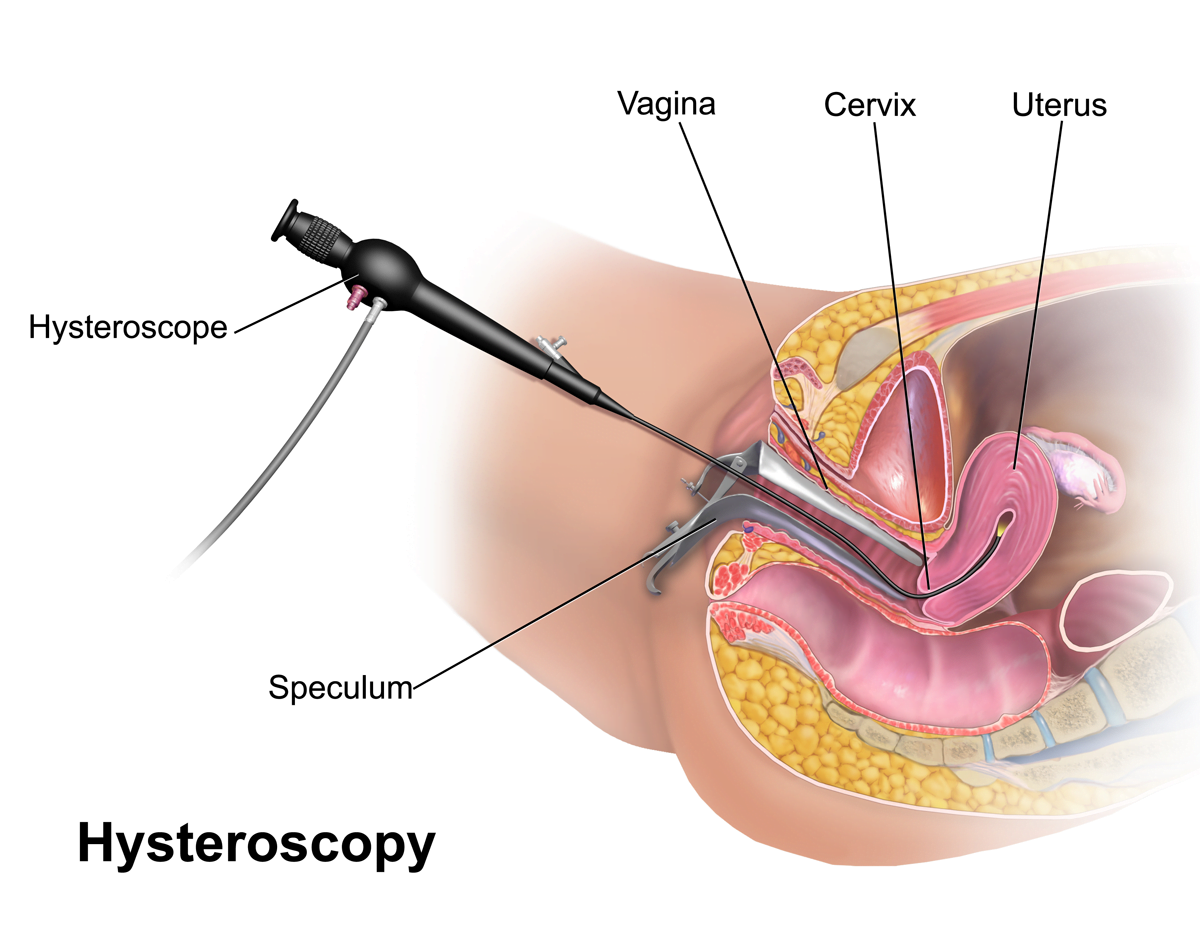A new guidance from The National Institute for Health and Care Excellence (NICE) recommends that a hysteroscopy should be carried out on women with heavy periods to discover the underlying cause. These guidelines were updated due to advances in diagnostic methods and could mean an extra 10,000 more women in England are able to undertake the test each year.
Heavy menstrual bleeding can seriously affect a woman’s quality of life and could mean there is an underlying health issue. NICE recommends that the best first-line test for women with heavy periods should be the hysteroscopy.
When is a period too heavy?
Heavy periods, or menorrhagia, are classified as those which are unusually heavy or last for longer than a week. Although heavy menstrual bleeding is a common concern amongst many women, most should not be experiencing symptoms which prevent them from carrying out normal activities.
A period can be considered heavy if the following symptoms exist:
- Soaking through at least one sanitary pad or tampon every hour
- Needing to use more than one pad at a time
- Waking up during the night to change pads or tampons
- Large blood clots
- Bleeding for over a week
- Extreme period fatigue
Could heavy periods be an underlying problem?
Of course, heavy periods can just be heavy periods and there may be no underlying problem at all – each woman is different and her period can be particularly light or heavy. However, in many cases, there is an underlying cause which requires treatment or can become dangerous if left undetected.
Causes of heavy periods can include:


